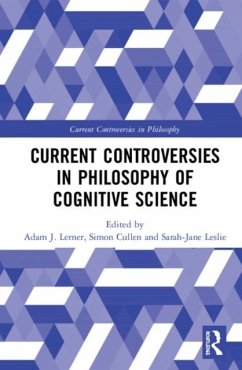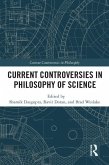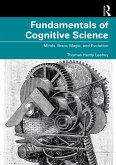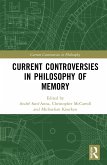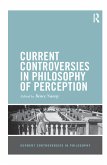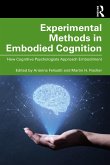Cognitive science is the study of minds and mental processes. Psychology, neuroscience, computer science, and philosophy, among other subdisciplines, contribute to this study. In this volume, leading researchers debate five core questions in the philosophy of cognitive science:
Is an innate Universal Grammar required to explain our linguistic capacities?
Are concepts innate or learned?
What role do our bodies play in cognition?
Can neuroscience help us understand the mind?
Can cognitive science help us understand human morality?
For each topic, the volume provides two essays, each advocating for an opposing approach. The editors provide study questions and suggested readings for each topic, helping to make the volume accessible to readers who are new to the debates.
Is an innate Universal Grammar required to explain our linguistic capacities?
Are concepts innate or learned?
What role do our bodies play in cognition?
Can neuroscience help us understand the mind?
Can cognitive science help us understand human morality?
For each topic, the volume provides two essays, each advocating for an opposing approach. The editors provide study questions and suggested readings for each topic, helping to make the volume accessible to readers who are new to the debates.

